5. Something Wild (1986)
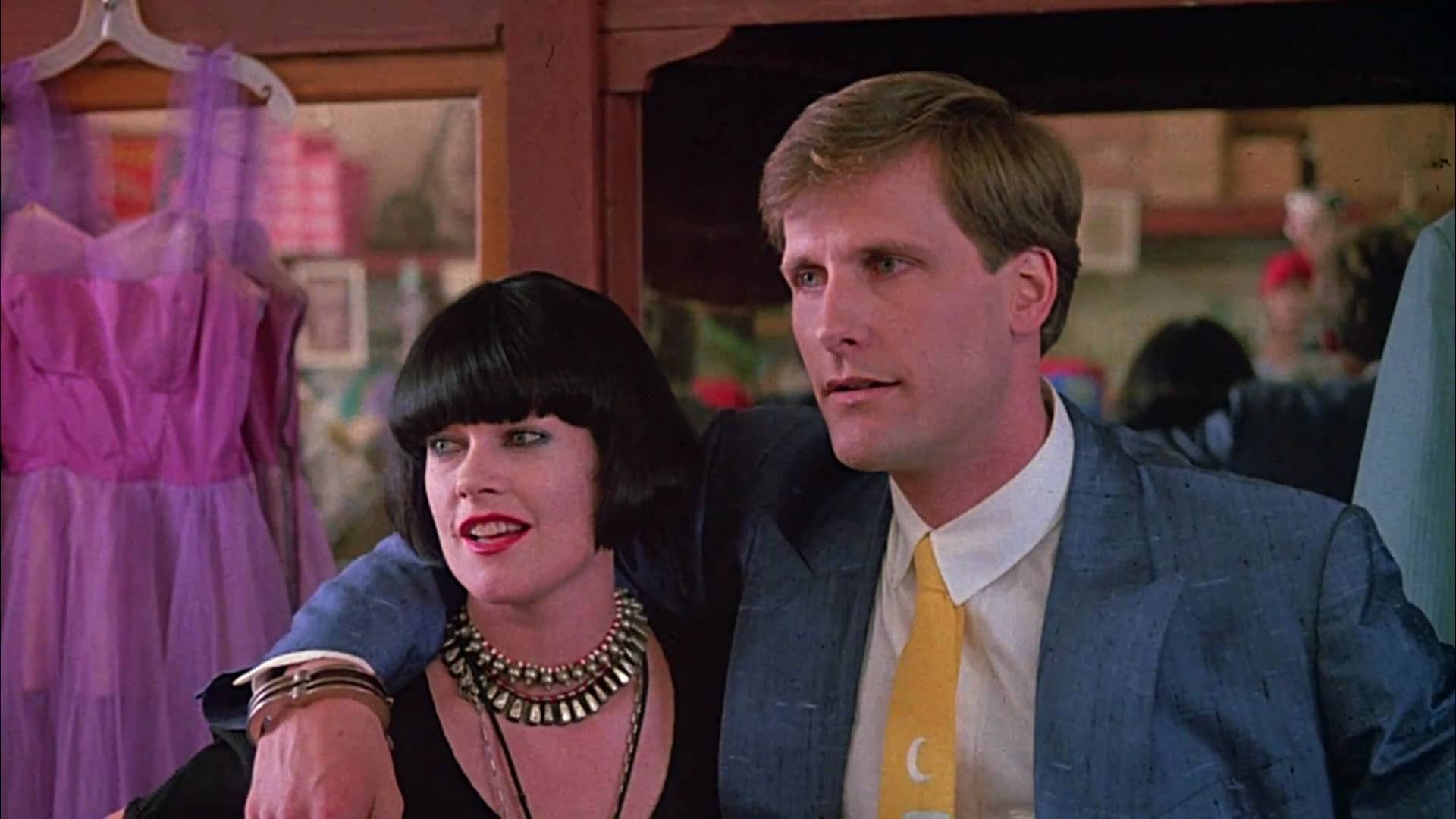
This 1986 Demme gem has prompted one Chicago Reader reviewer to declare it “the best thing he’s ever done”, and while we’re only on the fifth place on this list, Something Wild clearly deserves the cult status it’s got. Starring a vibrant Melanie Griffith, a brilliant Jeff Daniels and an intense newcomer that went by the name of Ray Liotta,
Something Wild conquered audiences and critics alike with its quirky sensibility, its way of genuinely invoking the screwball, hysterically colorful feeling of the 80s while still maintaining a fundamental seriousness and not missing the darker beats of the script by E. Max Frye (Foxcatcher).
Daniels is a bored big city businessman who gets “kidnapped” by Griffith’s crazy free-spirited woman, taken away from his old life and dragged to her mother’s house and her high school reunion, where they meet up with Liotta’s character, Griffith’s violent ex-husband.
The bright spots of Something Wild register as deeply and instinctively as the dark ones, packing so much punch in its dramatic narrative as it does in the sheer amount of background jokes and little tricks it plays on the spectator. A 80s classic if ever there was one.
4. Stop Making Sense (1984)
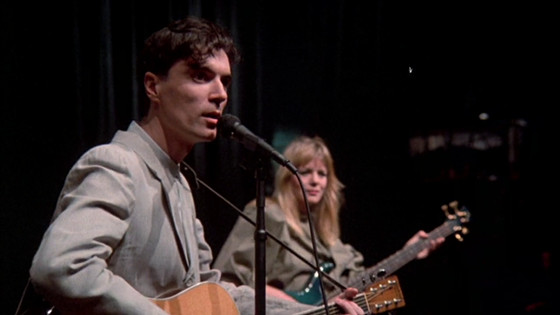
“By common consensus, Stop Making Sense is the best concert film ever made”. That’s a quote straight from the TV Guide review of the film, directed by Demme for the rock band The Talking Heads.
It’s his first of many concert movies, and definitely his best, not just because the band is like wildfire on the stage, but because he modulates and portrays that energy with conviction and rhythm, defiantly embodying in his camerawork the performance art elements of the show and concentrating in the furious energy frontman David Byrne emanates.
Unpredictable and unrestingly entertaining, Stop Making Sense is more than just a brilliant portrayal of a brilliant band – it’s a film that encapsulates, in a way, the state of art when it was filmed, and nowadays makes us think where we went from there.
Demme, with his keen eye for formal composition and deep understanding of his characters (be them fictional or not), has conducted an historic, timeless piece of music, cinema and performance. It was irrevocably light years ahead of its time, and still feels vibrantly modern as of today.
3. Philadelphia (1993)
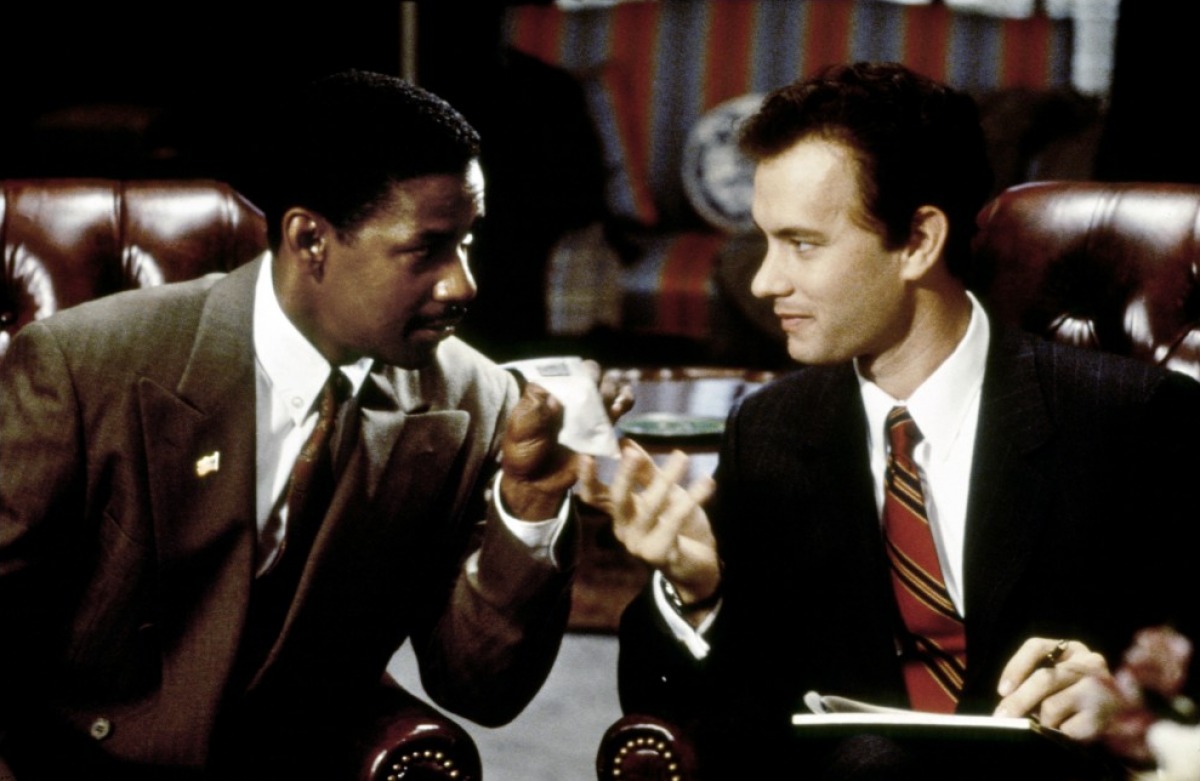
Philadelphia is an important movie. It arrived in a time that still didn’t truly understand HIV and homosexuality, their connection or lack thereof. It put that in very simple, very broad terms for a huge audience, it recruited some huge stars, and it became a big hit both in the box office and in the Academy Awards, spanning a successful soundtrack and making Tom Hanks into a dramatic heavy-hitter.
Even so, not all important movies are the best movies objectively, and Philadelphia runs into some problems when it tries to adapt and “sanitize” its story and its consequences for the sake of a broader audience.
It’s hard to dismiss it completely, though, and not giving it a high mark on any list of Demme’s best films, especially because, even if seen today, Philadelphia still packs a very powerful dramatic punch, be it in Denzel Washington’s homophobic lawyer slow realization of the error of his ways or Hanks’ HIV-ridden man plight and love for his partner, played by a young Antonio Banderas.
Demme finds in the subtleties and small moments of these characters the great virtue of his movie, and exempts it of its faults while highlighting its virtues. It’s masterful work by any standards, and deserves to be up there with the best of his career.
2. Rachel Getting Married (2009)
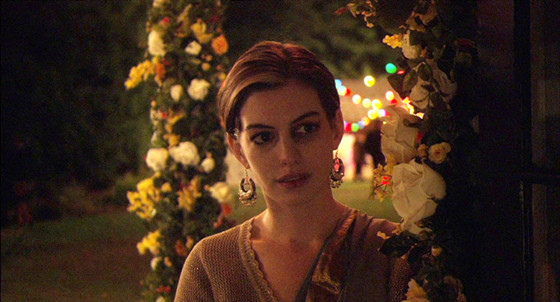
Jenny Lumet’s first and only script as of today was for Rachel Getting Married, the family drama directed by Demme in 2009, for which Anne Hathaway got her very first Academy Award nomination.
It’s a stunning, precious gem of a script, setting the scene with the titular marriage of Kym’s (Anne Hathaway) sister, Rachel (Rosemarie DeWitt) – Kym has just been released from drug rehab, where she spent nine months clean, and the stressful situation of having the whole family watch her as she stays with them for a couple of days prior and during Rachel’s party.
Minutely tearing up the relationships between this dysfunctional American family and making brilliant use of dark humor to portray Kym’s situation and particular annoyances, Rachel Getting Married is like a feast for Demme’s sensibility.
He’s always had this acute eye for characters and their darkest secrets and feelings, and all comes out in the open in this spectacular film that deserved more award attention than it ever got. In the words of the great Roger Ebert: “I began to feel absorbed in the experience [of the movie]. Few movies can do that, can slip you out of your mind and into theirs”.
1. The Silence of the Lambs (1991)
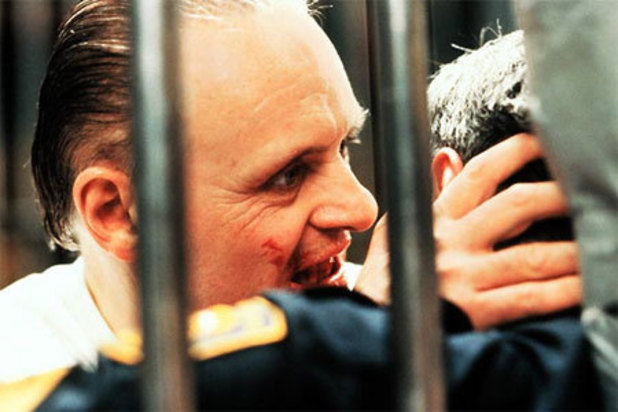
There couldn’t be another movie topping this list. The Silence of the Lambs is one of only three movies to ever win the “Big Five” Oscar categories (Best Picture, Best Actor, Best Actress, Best Director, and one of the Best Writing’s) on their year, and probably the only horror movie to ever win the main prizes of the night, and there’s good reason for that.
Demme’s movie is, of course, about FBI agent Clarice Sterling (Jodie Foster), who is assigned to the case of a missing woman believed to be in custody of a serial killer known for skinning his victims alive. She recurs to another psychopath to help her, the imprisoned Hannibal Lecter (Anthony Hopkins), who Jack Crawford (Scott Glenn) believes has information about the killer in question.
Tremendously suspenseful doesn’t begin to cover what The Silence of the Lambs really is: a staggering portrait of gender and dominance politics, mapped in two actors faces and body language, plus Demme’s tremendously formal and resourceful camera, assisted by what’s arguably the greatest work by Emmy-winning cinematographer Tak Fujimoto.
It’s a film bigger than its own parts, bigger than Foster or Hopkins’ hugely entertaining and masterful performances, probably bigger than Demme’s own legacy as a filmmaker. Watching it as a celebration of its director is not enough, which just goes to show that truly great artists let the art stand for itself.
Author Bio: Caio Coletti is a Brazilian-born journalist, a proud poptimist, and has too many opinions to keep them all to himself.